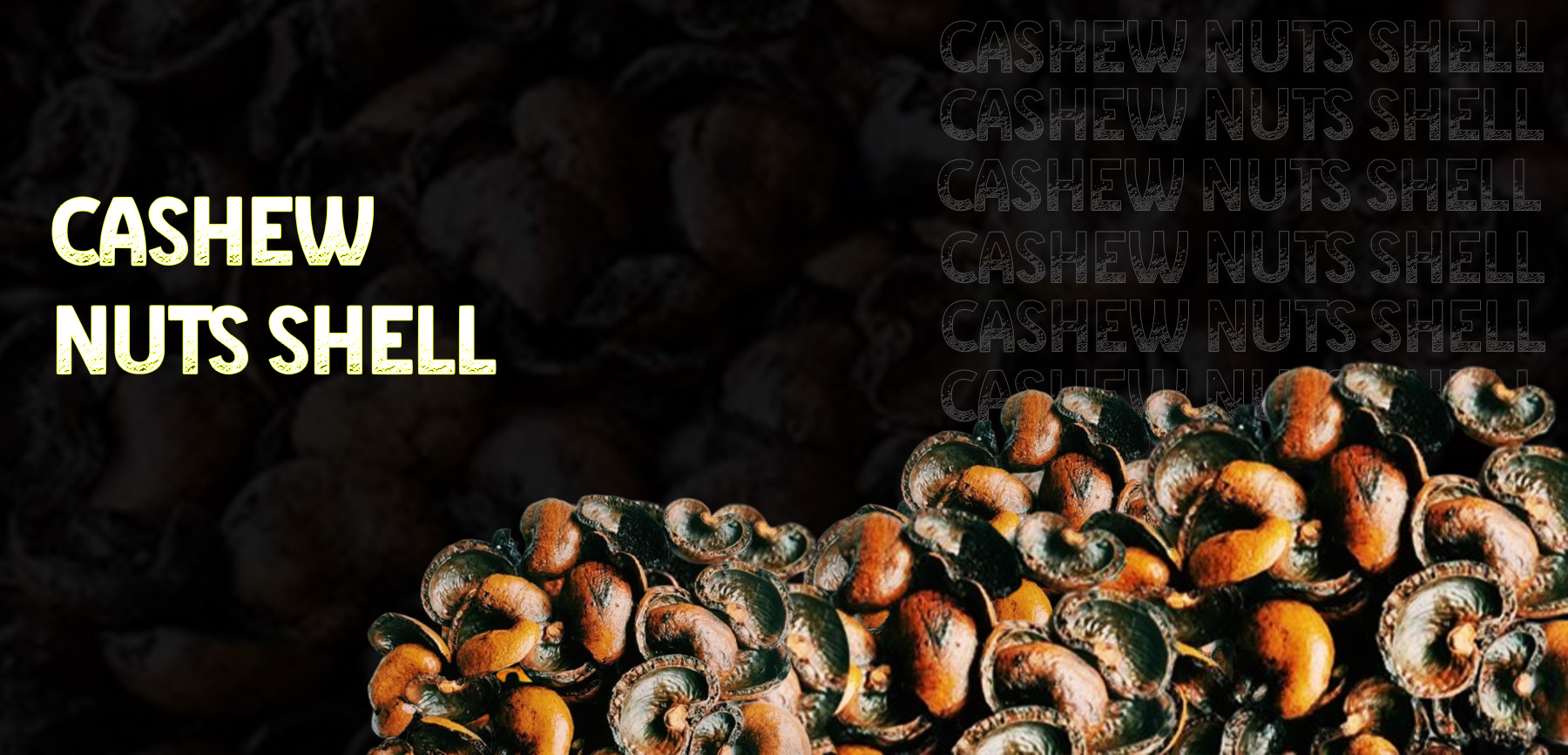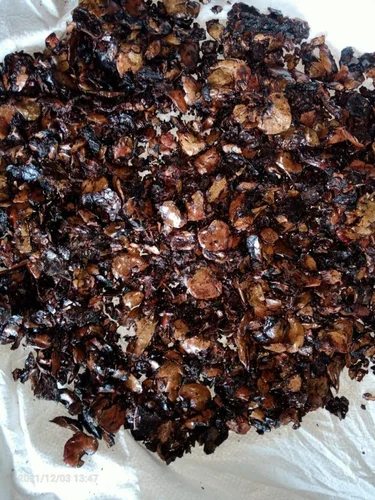


A potential bio-resource for the production of bio-sourced chemicals, materials and fuels.
Cashew nut shells and the cake are valuable by-products generated during the processing of cashew nuts. These by-products have various applications, both in industrial and agricultural sectors, contributing to sustainability and waste reduction.
Cashew nut shells are rich in energy and can be used as fuel for heating or power generation. They can be used in boilers or gasifiers to produce heat and electricity, especially in areas where cashew nuts are cultivated in large quantities. This provides a sustainable and renewable energy source, often used in rural areas.

WhatsApp us